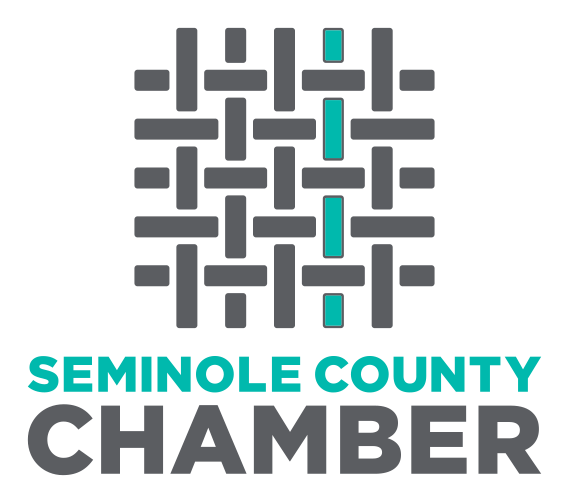This June during Alzheimer’s & Brain Awareness Month, the Alzheimer’s Association® is encouraging all Americans to take charge of their brain health.
Today, one in eight Floridians age 65 and older is estimated to be living with Alzheimer’s. The lifetime risk for the disease at age 45 is 1 in 5 for women and 1 in 10 for men. The brain changes that cause Alzheimer’s are thought to begin 20 years or more before symptoms start, which suggests that there may be a substantial window of time in which we can intervene in the progression of the disease.
Experts believe there isn’t a single cause of Alzheimer’s. It’s likely the disease develops as a result of multiple factors, such as genetics, lifestyle and environment. While not a direct cause of Alzheimer’s, the greatest known risk factor is advancing age. Although some risk factors like age cannot be changed, others — including physical activity, smoking, education, social and mental activity, blood pressure and diet — may be modified to reduce a person’s risk.
The Lancet Commission on dementia prevention, intervention and care suggest that addressing modifiable risk factors might prevent or delay up to 40% of dementia cases. Based on mounting scientific evidence, the Alzheimer’s Association encourages individuals to incorporate these 10 healthy habits to potentially help reduce the risk of cognitive decline.
Be Proactive in Addressing Brain Changes
Another important way to take charge of your brain health is to know the early warning signs of Alzheimer’s and other dementia and be proactive in addressing them.
Early detection and diagnosis of Alzheimer’s and other dementia offers the best opportunity for care, management and treatment. It also provides diagnosed individuals more time to plan for the future, adopt lifestyle changes that may help slow disease progression, participate in clinical trials and to live with a higher quality of life, for as long as possible.
There are now treatments that may slow disease progression for people in the early stage of Alzheimer’s, making a timely diagnosis critically important. If you or a family is experiencing memory or thinking problems, it is important to get it checked. Talk to your doctor so you can make an informed decision on available treatments to determine if they are right for you.
For more information and to access local resources and programs, visit alz.org/CNFL or call the Alzheimer’s Association 24/7 Helpline at 800.272.3900.
Alzheimer's Association Central and North Florida Chapter
-
Denise Ward Development Manager TLD
- May 28, 2024
- (407) 951-7992
- Send Email


.png)
